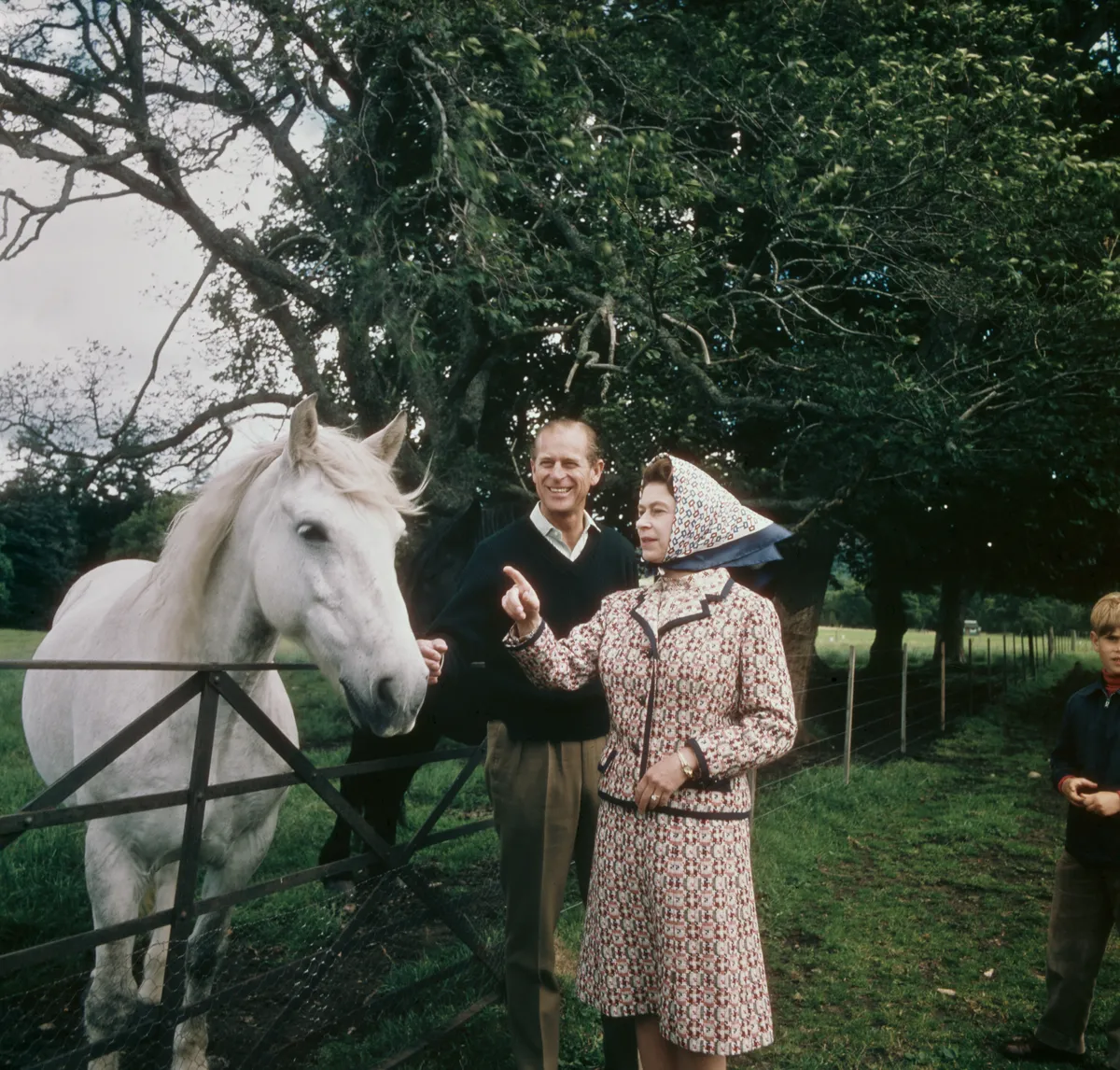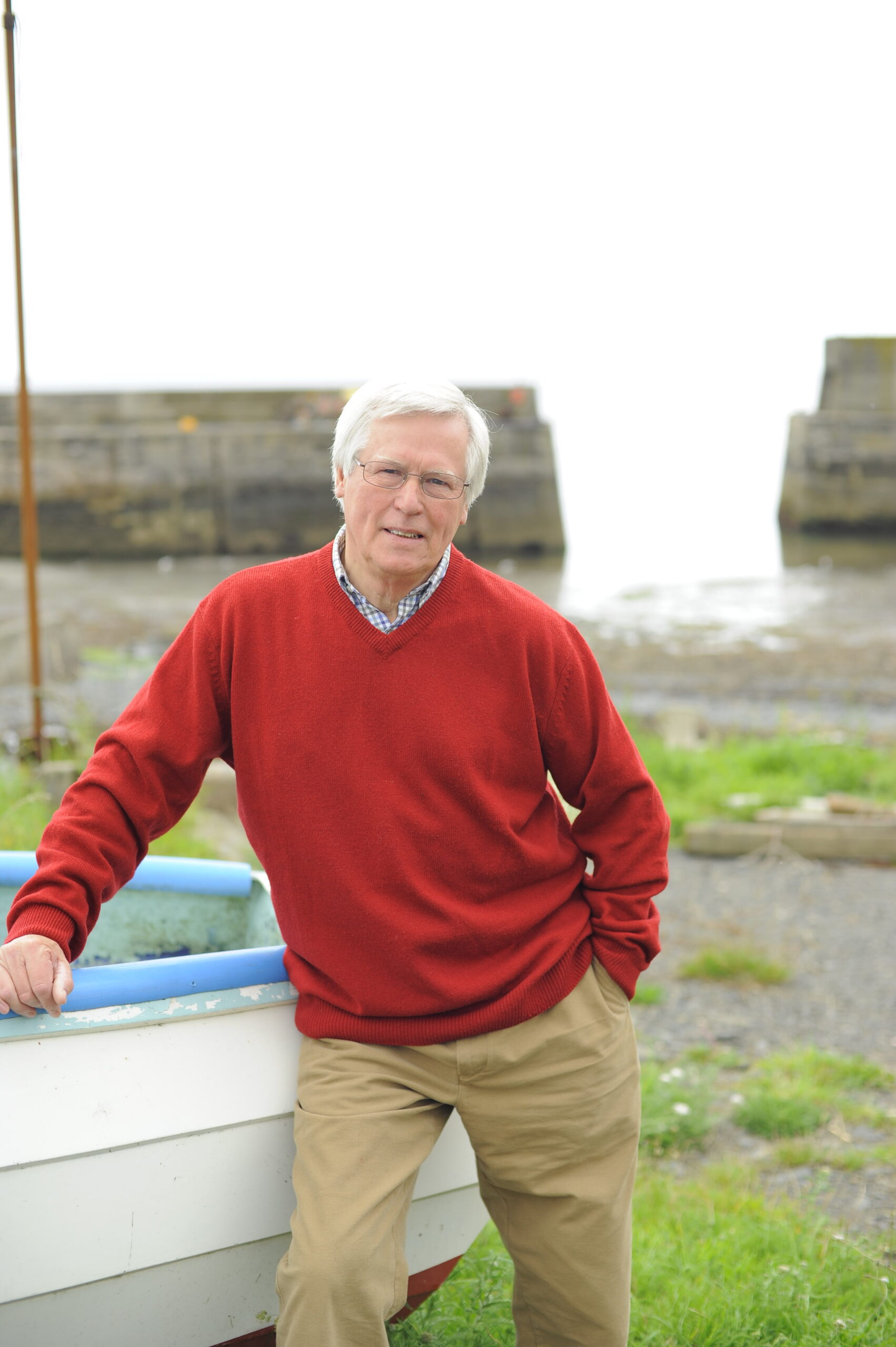On the night of the Queen’s death, I was presenting an award at a heart-warming ceremony in London to honour some remarkable animals – dogs especially – and the people who love them. The solemn news spread quickly and I wondered whether the event might be cancelled.
Within minutes, we heard that it would still go ahead in a respectful fashion, and the Queen’s lifelong affection for dogs made the occasion particularly poignant. She had been patron of The Dogs Trust, one of the organisers, and, as if in tribute, the many dogs in the room behaved impeccably.
But looking round, it suddenly struck me that I was one of the few people there who, as a child, had sung 'God Save the King'. On a February afternoon in 1952, the headmaster had called us together and solemnly announced the King had died and that a lovely young lady was now our Queen.
Unlike the late Queen, who never let anyone know her opinions, her eldest son has never held back
Now, 70 years later, we have a King again and although there will be changes, one reassuring constant is the knowledge that the monarch, like his mother, is very much at home in the British countryside. There are differences, of course – he prefers terriers to corgis and polo ponies to racehorses and, unlike the late Queen, who never let anyone know her opinions, her eldest son never held back.

During his long apprenticeship, he was an ardent and often-outspoken supporter of rural ways. He first publicly highlighted environmental issues in the 1970s, drawing attention to the “horrifying effects of pollution” and has been a staunch supporter of sustainability and organic farming while opposing the genetic modification of crops.
He raised concerns over climate change many years before world leaders did, and his views on everything from modern architecture to alternative medicine have often attracted criticism. “Because I suggested there were better ways of doing things in the nicest possible way, and in a more balanced and integrated way, I was accused of interfering and meddling,” he once told the BBC.
His concept of how new towns should look in the countryside, with social and private housing blended together and priority given to people, led to the creation of Poundbury on Duchy land in Dorset. The project had its opponents but is now almost completed with a thriving community of 4,000-plus. And his concern for the quality of rural life spread overseas.
I have visited a medieval village in the Transylvania region of Romania where, perhaps surprisingly, he owns a home. Under the Ceausescu regime in the 1980s, thousands of such villages, where horses and carts were still commonplace, were threatened with destruction because they were deemed bad for the national image. Prince Charles intervened in a speech, the villages were saved and he later moved in to show his support.
The big question now is: will King Charles III have to bite his tongue? As Prince of Wales, he always promoted our countryside and its traditions – on Countryfile, we have seen him in his element laying hedges at Highgrove in a tattered old jacket. But, like the UK’s many now-vanished hedgerows, will his passionate advocacy of diverse causes be confined to history?
Under our unwritten constitution, the monarchy is above politics and, some years ago, when asked if he would still be campaigning when he became King, he retorted: “No I won’t. I’m not that stupid.”
In his speech to the nation a day after becoming King, he affirmed: “It will no longer possible for me to give so much of my time and energies to the charities and issues for which I care so deeply. But I know this important work will go on in the trusted hands of others.”
Some Royal ‘watchers’ are pondering whether our new, farmer King will be able to resist speaking his mind to those in positions of political and economic power. We shall see.

